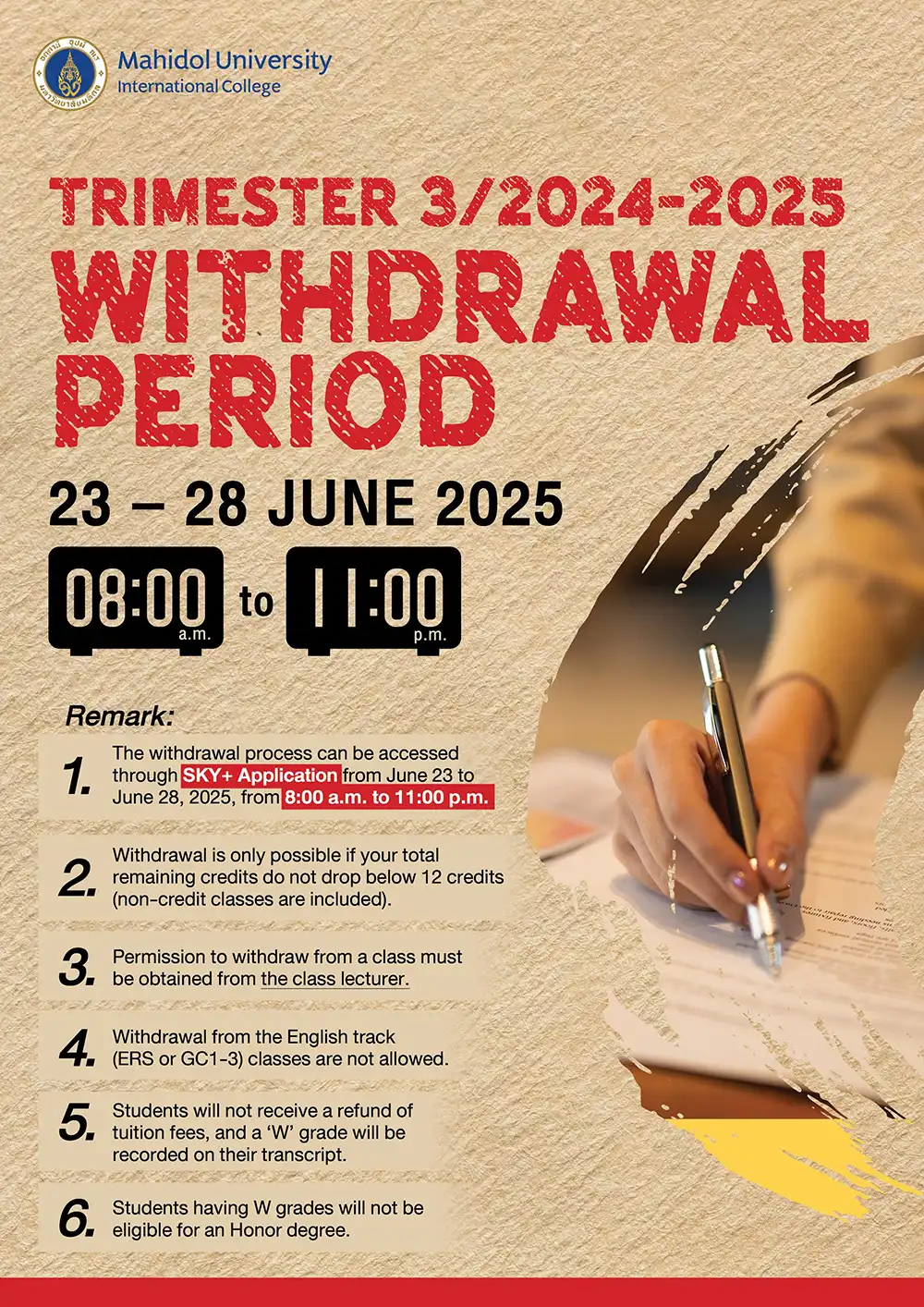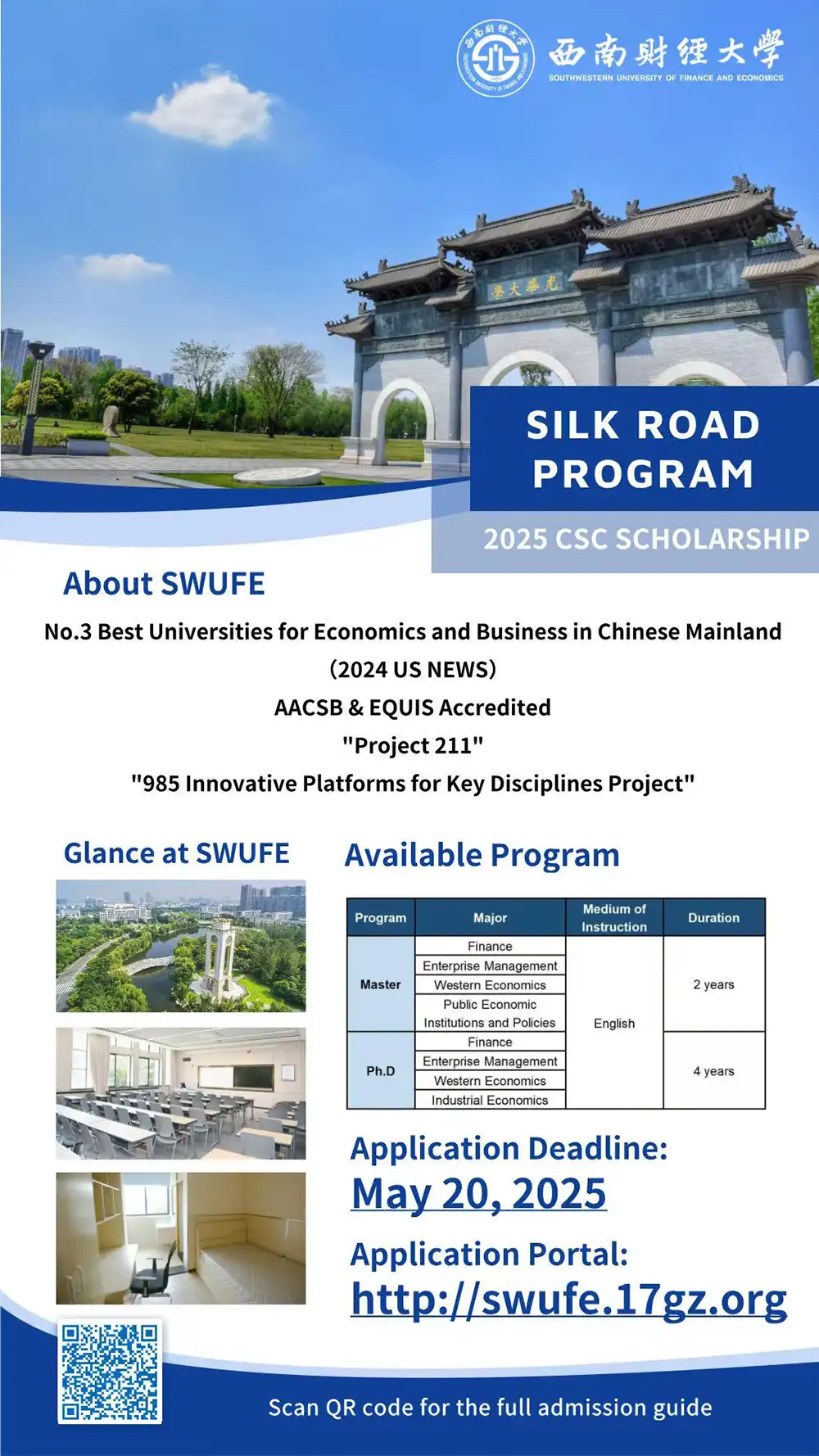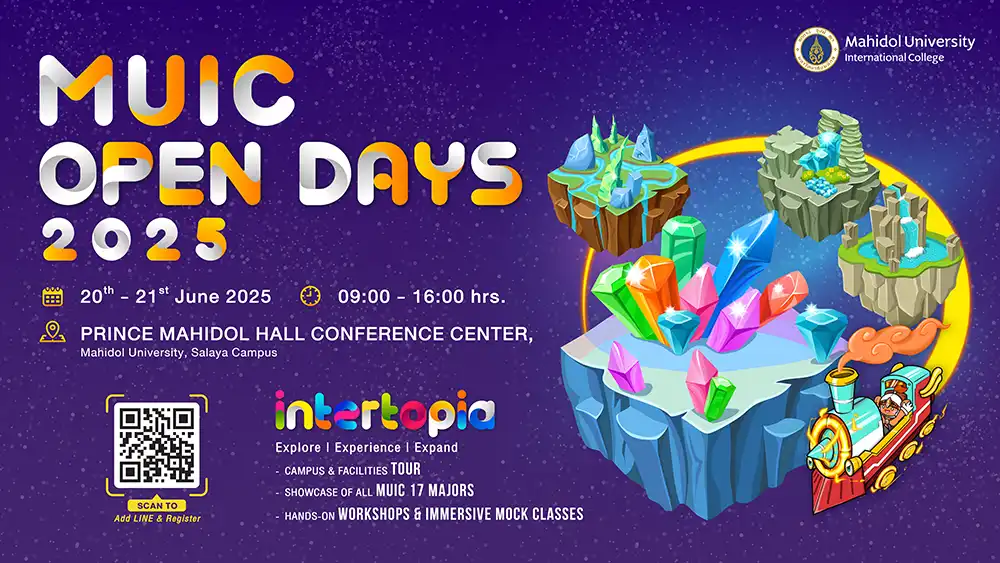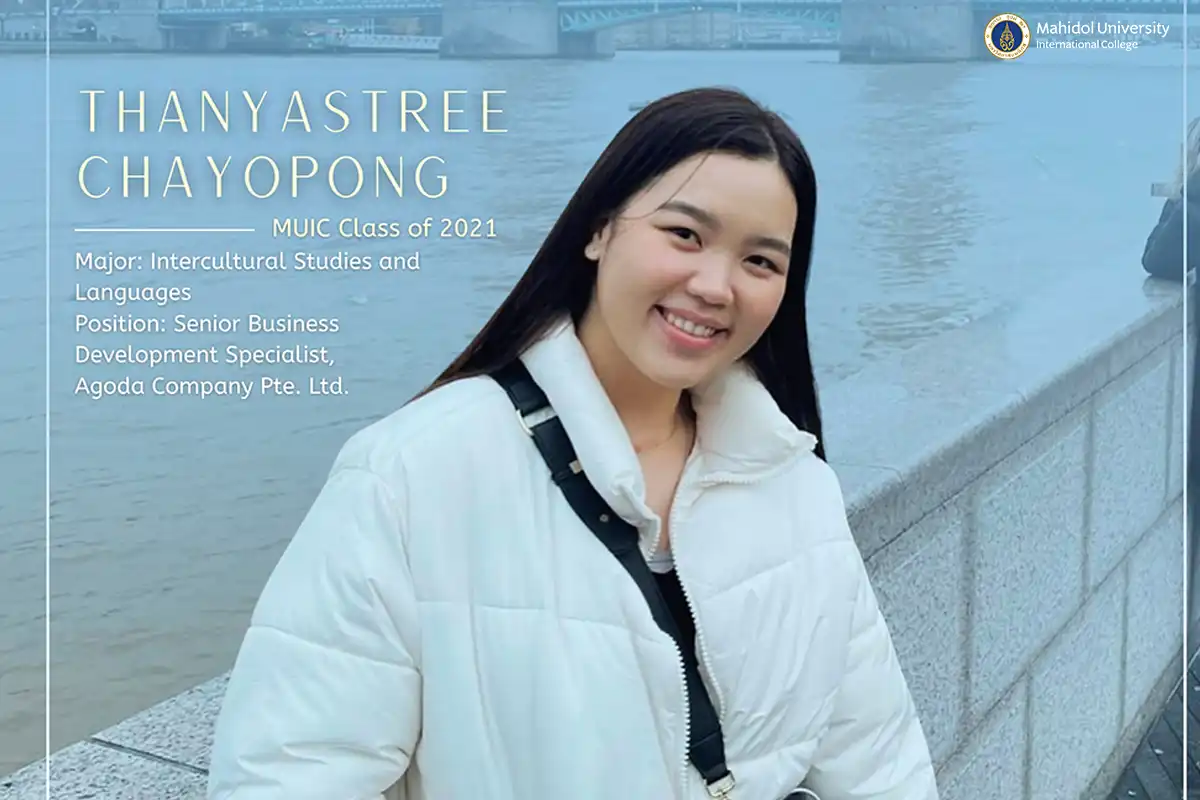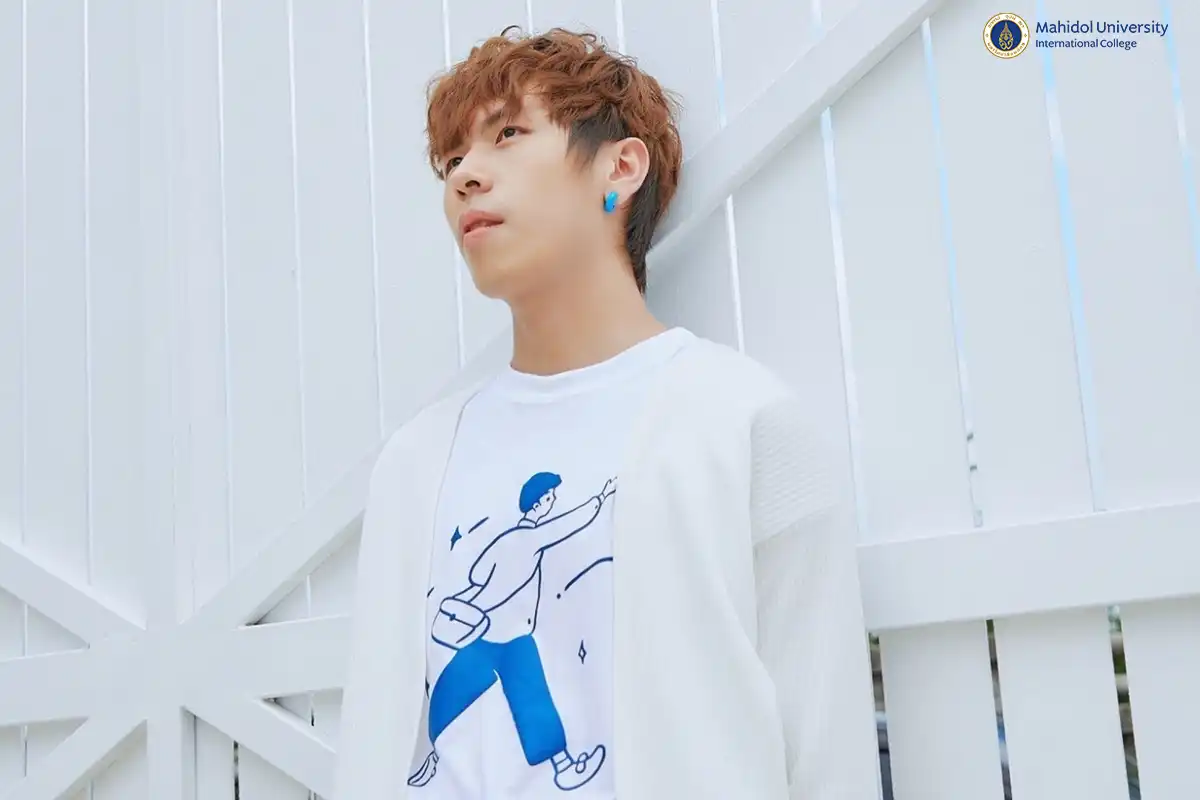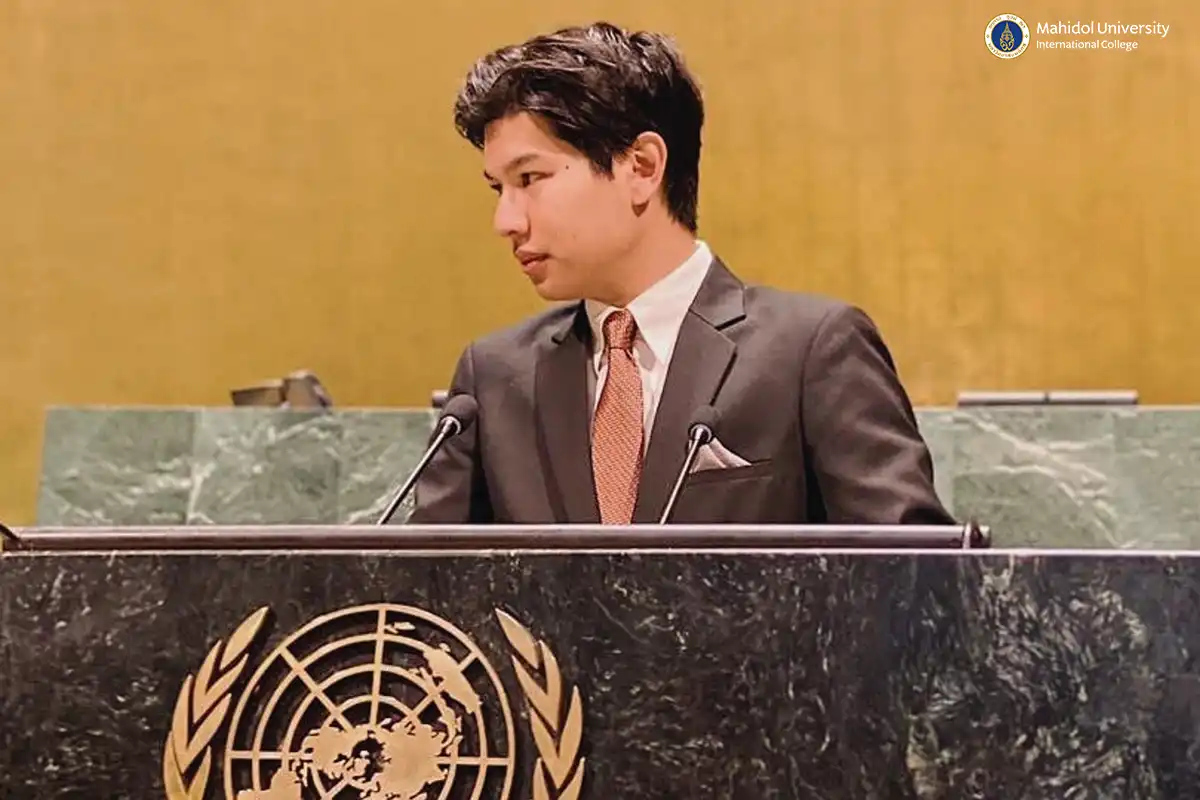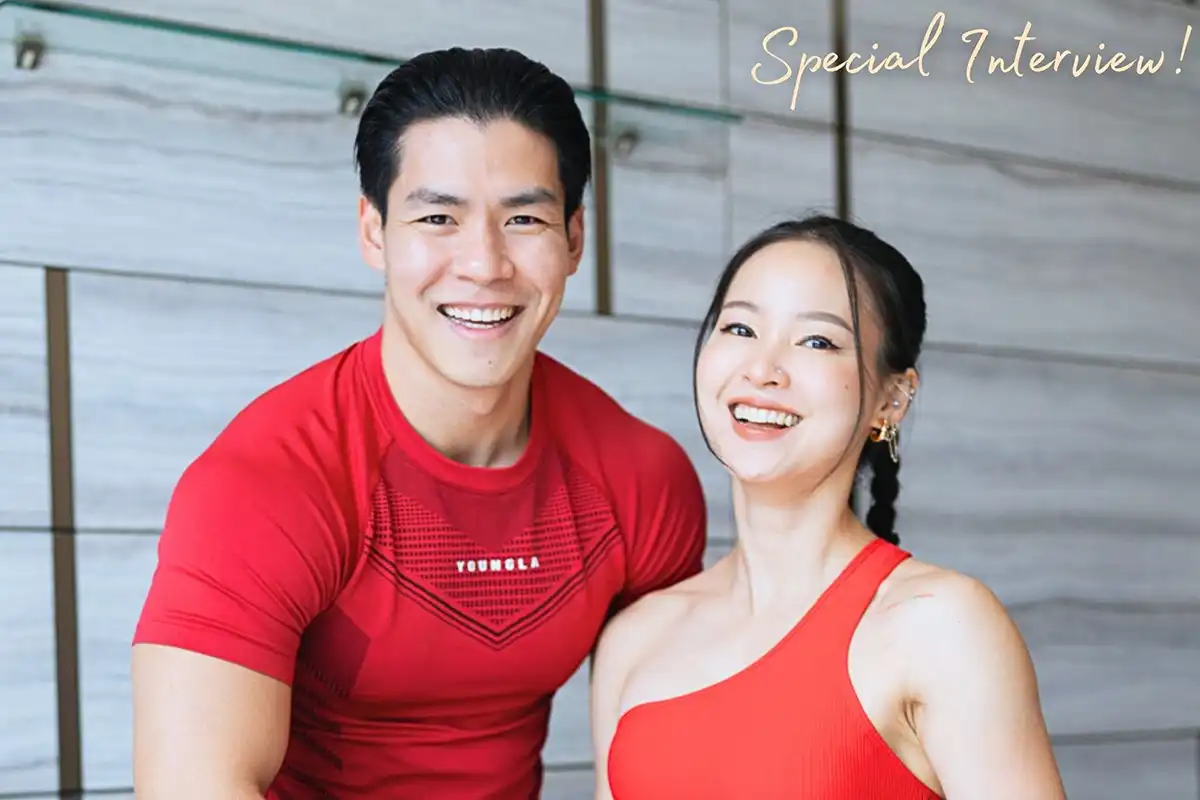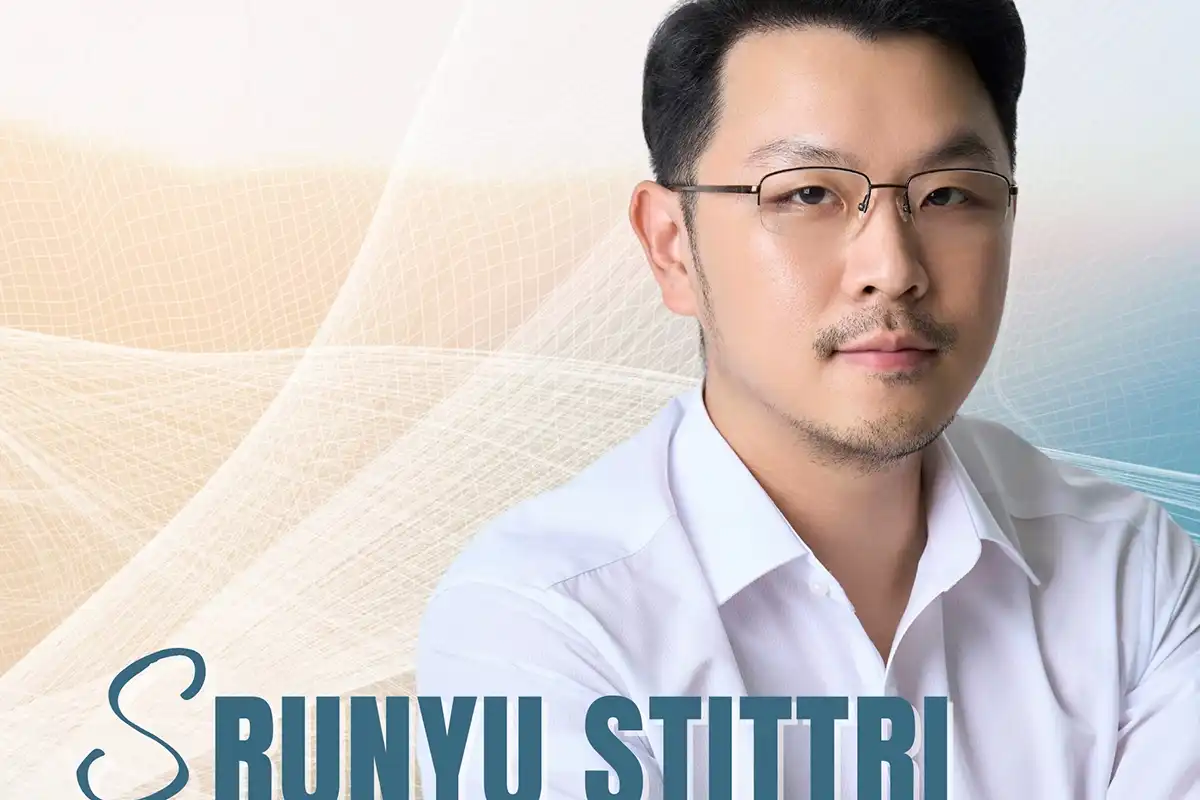Please choose a news and article category.
Recent MUIC Events
Withdrawal Period for Trimester 3/2024-2025
Gender Festival 2025
Explore the World of MUIC!
MUIC 360 Degrees
From University to Entrepreneurship: A Journey with Duke Language School
February 14, 2024 2024-02-14 2:51From University to Entrepreneurship: A Journey with Duke Language School
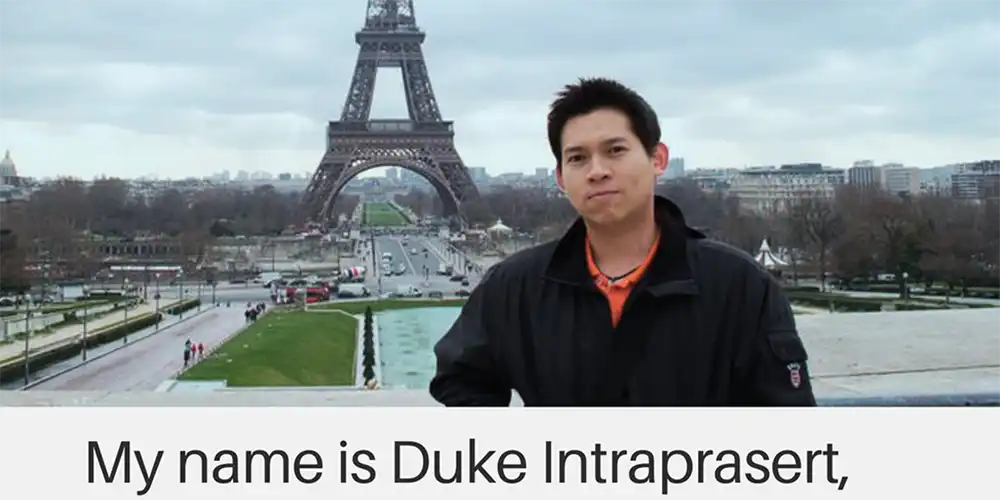
From University to Entrepreneurship: A Journey with Duke Language School
- Please introduce yourself and briefly explain what you currently do.
My name is Duke Intraprasert, a graduate from the class of 2004, currently acting as a Managing Director and a Co-founder of two companies, Duke & Royce Co., Ltd., operating as Duke Language School and Duke Corporate Training Co., Ltd. My role involves strategic oversight and innovation in language education, specializing in Thai, English, and Chinese. Our objective is to revolutionize language learning and teaching in order to cultivate cross-cultural communication skills, vital in today’s globalized world. I am also a committee member of the Non-Formal Private Education Association (Thailand) with its objective to assist private schools across the country to enhance their educational standards and uplift the overall quality of education in Thailand.
- What did you do after graduation? How did you map your career?
Post-graduation, I started a career in the travel industry, leveraging my degree from Travel Industry Management at MUIC. This journey began with the mandatory internships, which helped me shape my career vision. I then pursued a career as a flight attendant, a role that took me through several airlines, including Phuket Air, Viva Macau, Jet Airways and Thai Airways, over 15 years. This experience honed my interpersonal and cross-cultural skills, laying the foundation for my entrepreneurial venture in 2013. Leaving Thai Airways in 2017 marked my full transition from aviation to education, driven by a desire to innovate in language learning.
- What inspired you to start a Language School? How did Duke Language School start?
The genesis of Duke Language School was fueled by a desire for entrepreneurial independence and a response to the changing dynamics in the aviation industry at that time. Witnessing Thai Airways’ decline and experiencing a dip in income catalyzed my decision. The school’s inception was a collaborative effort with my high school friend, aimed at disrupting traditional Thai language education. We wanted a learning environment that was not just about language acquisition but about immersive, enjoyable experiences that bridge cultural differences. This belief has been the core of our school’s philosophy and success.
- What challenges have you faced in your work, and how have you overcome them?
As a flight attendant, I experienced a dynamic in-flight environment, handling everything from demanding passengers to health emergencies, with each flight presenting unique challenges. The transient nature of these difficulties taught me resilience and adaptability. With the shift to entrepreneurship, the challenges became more complex and enduring. The initial setback in registering Duke Language School with the Ministry of Education (MOE) due to regulatory hurdles was a significant learning curve, costing us time and resources. The Bangkok Shutdown of 2014 further tested our resolve, leading us into operational losses. And the most recent challenge was the Covid-19 pandemic, which hit the education sector hard and the school was forced to shut down for several months by the MOE. However, strong belief and dedication kept us moving forward. We focused on our core competencies, innovating our own teaching methodology and developing proprietary textbooks. With the ability to adapt swiftly, we transitioned from in-person to online classes within just three days during the pandemic shutdown. Optimistically, this rapid transformation not only ensured continuity in our classes but also expanded our reach, allowing us to connect with students beyond geographical boundaries.
- What are the future plans for Duke Language School?
Having achieved our initial goal of becoming a top Thai language school, we are now broadening our horizons to expand our English and Chinese language programs. The recent increase in our English student base presents a new challenge of limited capacity. This “happy problem” is steering us towards our next phase of growth. Our strategic roadmap includes equipping the English and Chinese sections to match the scale of our Thai program, developing comprehensive online courses for all languages, and ambitiously planning to establish branches both within Thailand and internationally. Our vision is to not just teach languages, but to open doors to global communication and understanding to language education.
- How would you describe your student life at MUIC?
Reflecting on my time at MUIC, it stands out as a profoundly enriching chapter of my life. Beyond the academic rigor, I immersed myself in a variety of extracurricular activities. My involvement in the Salaya Pavilion internship was not only fun but significantly contributed to my personal and professional development. The bonds formed during my time at MUIC have endured, as many of my closest friends today are from those days. Participating in the MU’s PomPom Cheerleading team, joining the male volleyball team, and leading the Cheer and Dance Club as president in 2003 were more than just activities; they were opportunities that honed my leadership skills, teamwork, and the ability to balance multiple responsibilities. These experiences played an important part in building my character and approach to life and business.
- What skills have you learned in college that apply to your career?
The English-centric curriculum at MUIC was a refining tool for my English communication skills, an asset that proved invaluable in my global interactions as a flight attendant and later as a business owner. Participating in multiple extracurricular activities raised my interpersonal skills and boosted my self-confidence. Leadership roles, such as being a team leader or club president, equipped me with robust leadership abilities. These skills were not just beneficial; they were foundational for my smooth transition from an employee into a business owner from a modest start with two employees and 16 students to a flourishing organization with a team of 40 and over 300 students monthly. It is a testament to the practical use of the skills sparked during my academic years.
- Drawing from your own experience, what advice would you give to the younger generation interested in starting their own language school or business?
Honestly, looking back, I sometimes wonder what got into me when I jumped into entrepreneurship without much knowledge, especially in the education sector. But trust me when I say this: believe in yourself, be positive and prepare for a real adventure. The journey will be rough and I had my share of challenges from financial issues like taking out loans to the day-to-day problems of running a business or leading the team. You will also need to stay persistent, keep adapting and remember to learn from every twist and turn. Success, in my experience, is as much about being positive and persistent as it is about passion and innovation. Embrace the journey with all its highs and lows – that’s the essence of entrepreneurship.
- Motto
“It’s not the destination, it’s the journey.”
Name: Mr. Duke Intraprasert, MUIC Class of 2004
Major: Travel Industry Management
Position: Co-Founder at Duke Language School


